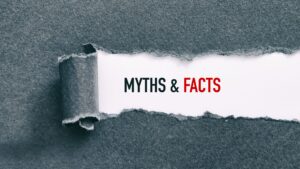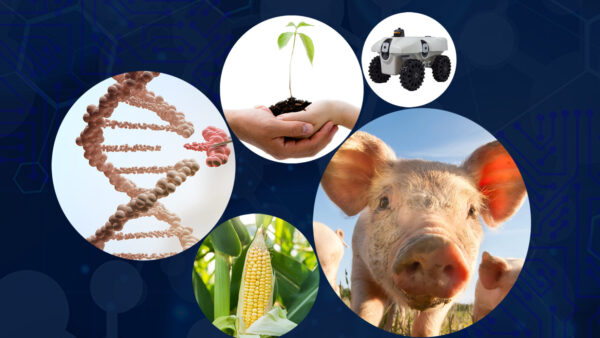One of the leading voices in the activist campaign against gene-edited seeds and agricultural technologies in general is Corporate Europe Observatory (CEO). In the last three years, they have released 26 reports or campaigns against agrotechnology. Their report, claiming that new plant breeding technologies were simply GMO 2.0, was widely cited in the 2018 campaign to get the Court of Justice of the European Union to rule that gene-edited innovations would have to fall under the EU’s restrictive 2001 GMO Directive.
As other NGOs are stepping away from campaigning against gene editing, CEO is becoming the last loud voice of protest among a disparate group of fake-news fearmongers. Public fear of seed breeding, gene editing and genetic modification is declining as their three-decade presence in the food chain is becoming mundane (what I have referred to as the “banalisation” of common risks) so activist NGOs have to become more creative in their fear-driven campaigns.
Corporate Europe Observatory has developed a narrative of large corporations taking control of the food chain with “poisonous chemicals and unknown biotechnologies”. In spreading this fear, they envision an alternative world of small, organic farmers feeding local communities with heirloom seeds and no synthetic inputs.
From information publicly available, it appears that CEO do not employ agronomists or have any seed research capacity. Their budget does not include any scientific consultants or lab costs. The activists who produce their multiple reports have little scientific background. Their argument against seed breeding and gene editing is not based on the facts or science. They simply campaign that the technology comes from big corporations or is industry-funded. Their innovations, their science, therefore, cannot be trusted and must be excluded from the policy process.
Awfulness over Facts
CEO has woven a narrative of industry as being truly awful, greedy, deceptive corporations only concerned with profits and happy to see the innocent and vulnerable suffer as they destroy the environment. Which ones? All of them. This awfulness, coupled with victimisation of “people like us” is more potent than fear of some uncertainty over some potential risk. “Awful” creates an outrage sentiment, a contempt, propelling the need to take action and fight corporate injustice.
This fear distraction isolates the argument at the policy level. It is no longer an issue of acting according to facts and evidence, but rather not acting because of the perceived nature of the people and organisations involved. People are willing to believe ridiculous claims when they are filled with outrage against something presented as truly awful.
So, we have a fake-news narrative become believable that a mid-sized company like Monsanto had suitcases stuffed with cash to pay off every government regulator and academic scientist. This outrage campaign even filtered down to glyphosate lawsuits with jurors demanding compensation in the billions of dollars because Monsanto’s corporate head of research did not return a phone call to a groundskeeper who had spilled some glyphosate down his back.
CEO’s malicious attacks do not only spread fake news against companies. They seem to excel at savaging the personal reputations of academic scientists who have worked on projects with industry (or even simply consulted for them). Running assault articles against respected scientists like Professor Alan Boobis, Corporate Europe Observatory’s message is clear: If you cooperate with industry, we will hurt you. Policymakers and regulators fear these rottweilers, so they have simply stopped engaging directly with industry officials. When I had some limited success in the drive to reauthorise glyphosate in the EU in 2016, CEO’s Martin Pigeon worked with an academic to have me removed from a university lecturer post. I suppose I was truly awful.
CEO succeeded in creating a fear distraction by linking the low risks of gene editing to the awfulness of industry (and anyone who supports them).
Protesting Industry… in the Fields
The argument that the food chain is now dominated by large industrial groups is not limited to big chemical and seed companies. Activist groups like CEO are now protesting against any large agricultural developments where the use of technology will create unfair advantages over small (usually organic) farmers. “Industrial farming” is the new awful.
The most alarming news in 2022 was when a peasant-group-led campaign attacked farmers in France building irrigation ponds. Faced with successive years of summer droughts, activists are demanding less intensive farming rather than investing in basic technologies (that organic small-holders could not develop). In October, thousands of militants attacked an irrigation project in Sainte-Soline, hospitalising dozens of police officers and spreading their naïve message of another way of farming (without irrigation).
CEO’s fear distraction and anti-industry narrative has now fed into to an anti-farming agenda. Maybe I have a different definition of “awful”.
Read More from the February Issue:
Myth: Private Breeding Can Feed the World
The Truth Behind the EWG’s Dirty Dozen













